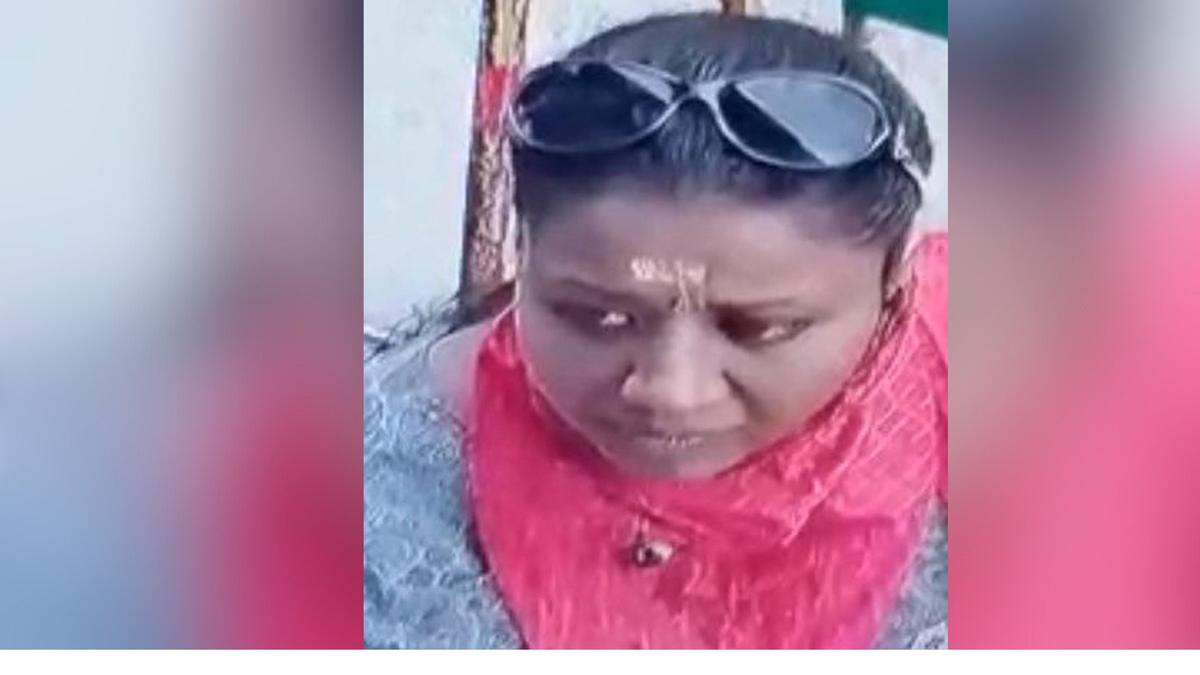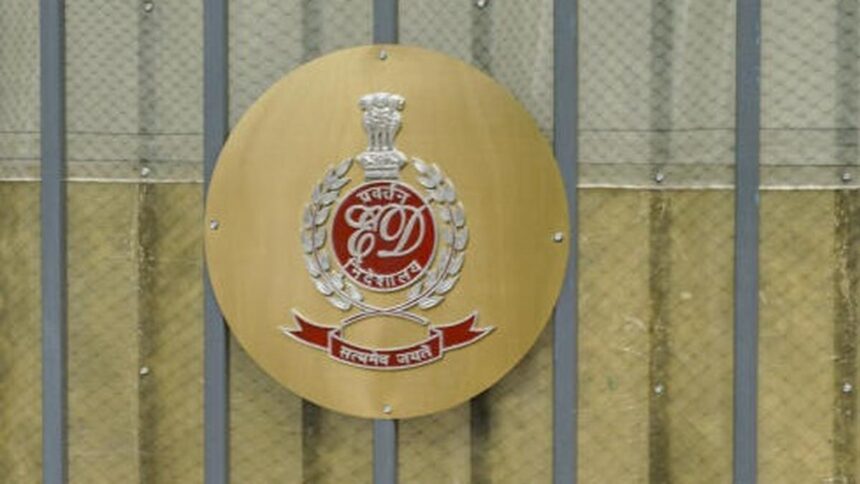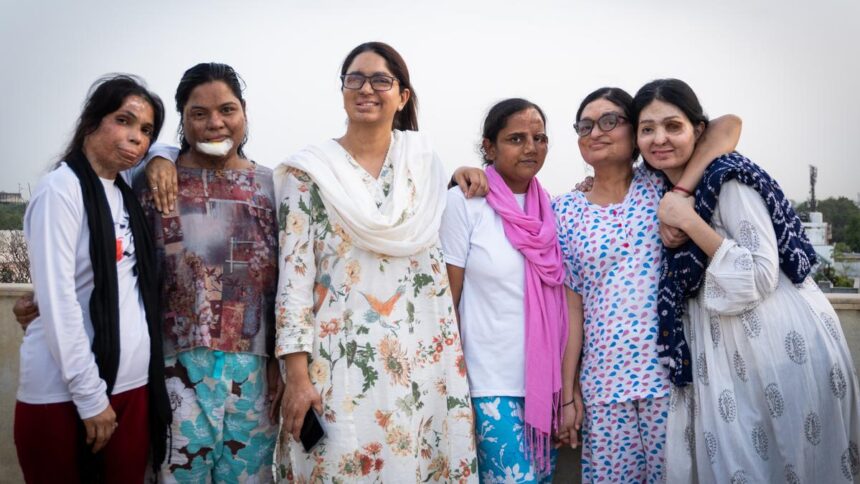The story so far: The Kancheepuram Principal District and Sessions Court on July 24, 2025 convicted V. Abirami of Kundrathur near Chennai for having killed her six-year-old son V. Ajay and four-year-old daughter V. Karnika. The court was convinced that the woman had drugged her children to death at the instance of a biriyani outlet employee Sundaram alias R. Meenakshisundaram with whom she had an extra-marital affair. Though there was no eye-witness to the crime, the prosecution had successfully proved the charges against both the convicts through a strong and unbroken chain of circumstantial evidence. Yet, the trial court did not award the maximum punishment of death sentence to the convicts by quoting Mahatma Gandhi to have said that an eye for an eye will make the whole world blind.
What was the prosecution’s case?
According to the Kundrathur police, the prime convict Abirami had married bank loan mediator Vijay on January 8, 2011 after falling in love with him and obtaining the consent of both families. The married couple had two kids and the family lived in a rented house on the first floor of a building at Moondram Kattalai near Chennai. In 2018, the woman had developed an intimacy with Meenakshisundaram and it led to strains in the marital relationship with her husband. About 20 days before killing her kids, Abirami had gone missing from her matrimonial home. While her husband, father and brother were clueless about her whereabouts, Ajay told them that she often visits the nearby residence of “an uncle (Meenakshisundaram).” He also stated that he could identify that house. Using the kid’s assistance, they tracked her down and brought her back home. Ever since this incident, she began expressing an hostile attitude towards her children and eventually killed them by offering milk laced with drugs, the prosecution claimed.
In order to prove its case, the prosecution examined Vijay who told the court that Abirami had offered the poisoned milk to him too on the night of August 30, 2018. However, he refused to drink it since it did not taste good. Thereafter, he slept till 12 noon on August 31, 2018. He left the house for work only in the afternoon and returned early morning on September 1, 2018, after completing night duty. Then, he witnessed the bodies of his two kids on the bed and claimed that his wife was not at home.
How did the police corroborate the evidence?
A government doctor, who conducted postmortem on the two bodies, did not find any external injuries. Hence, she removed the stomach, intestine, liver and kidneys from both the bodies and sent them to clinical toxicology wing. A scientific officer from the toxicology wing confirmed the presence of the drugs Lorazepam and Alprazolam in the organs and therefore, it was concluded that the deaths had occurred due to systemic absorption of the drugs used for sleeping difficulties and anxiety disorders.
The police promptly caught hold of the pharmacist from whom Abirami had purchased the drugs by producing a medical prescription. He had submitted the bill book and identified her. The police also examined a jeweller to whom Abirami had sold a gold chain for ₹17,000 on August 31, 2018 before she fled to Nagercoil in Kanniyakumari district. A supervisor at a two-wheeler stand at Koyambedu mofussil bus terminus had deposed that she had parked her two-wheeler at the stand on the evening of August 31, 2018 and handed over the CCTV footage too.
Did the woman confess to have committed the crime?
When the trial court questioned Abirami regarding the charges levelled against her by the police for the double murder of her own kids, she stoutly denied them and claimed to be innocent. It was her case that there was no direct evidence/eye witness to the crime and that she could not be convicted on the basis of circumstantial evidence. Her counsel argued that the last seen theory (the deceased children having been seen alive last in the custody of their mother) could also not be pressed in the present case in order to impose the obligation on her, under Section 106 of the Evidence Act, to prove as to how did the kids die.
Which of the factors convinced the trial court with respect to her guilt?
The trial court pointed out that the prosecution had examined multiple independent witnesses such as the pharmacist, jeweller and two-wheeler stand supervisor to prove its case. Further, it had also examined a cook working at a women’s hostel in Nagercoil. The cook had categorically deposed that Abirami had come to the hostel early morning on September 1, 2018 and requested for a room. On being told that the manager would come only by 5:30 pm, she intially agreed to wait till then. Thereafter, she took permission to take bath in one of the rooms and immediately fled from the hostel. The cook was a complete stranger to Abirami and there was no reason as to why she should give a false testimony against her, the trial court said.
Further, a tenant who resides on the ground floor of the same building where Abirami too resides had deposed about the illicit relationship between the two convicts and claimed to have warned Abirami on a couple of occassions. After her arrest on September 2, 2018, police had taken Abirami to her Moondram Kattalai residence from where she had picked up the tablet strips, which she had used to kill the children, and handed them over to the investigating officer. Abirami’s paternal uncle and another relative were witness to this recovery of the unused tablets from her residence, the trial court pointed out.
A paternal uncle, being someone like a father figure, would again have no reason to give a false testimony against her, the trial court said.
How did the trial court reason against capital punishment?
The trial judge Pa.U. Chemmal agreed that it was a heartrending murder of two innocent kids by none other than their mother just because they were perceived to be an hindrance to her illicit relationship. He said, the two convicts certainly do not deserve any mercy. “Yet, we should not hang them to death,” the judge said, and quoted Mahatma Gandhi to have said, man has no right to take away the life given by God.
In the same breath, the judge said, a mere life sentence, which may entail the benefit of remission, might also not be an appropriate punishment for the offence committed by the convicts. Therefore, he ordered that the convicts must remain incarcerated till the end of their lives. That would be a judicially fair decision, he concluded.
Published – August 01, 2025 10:17 am IST





















